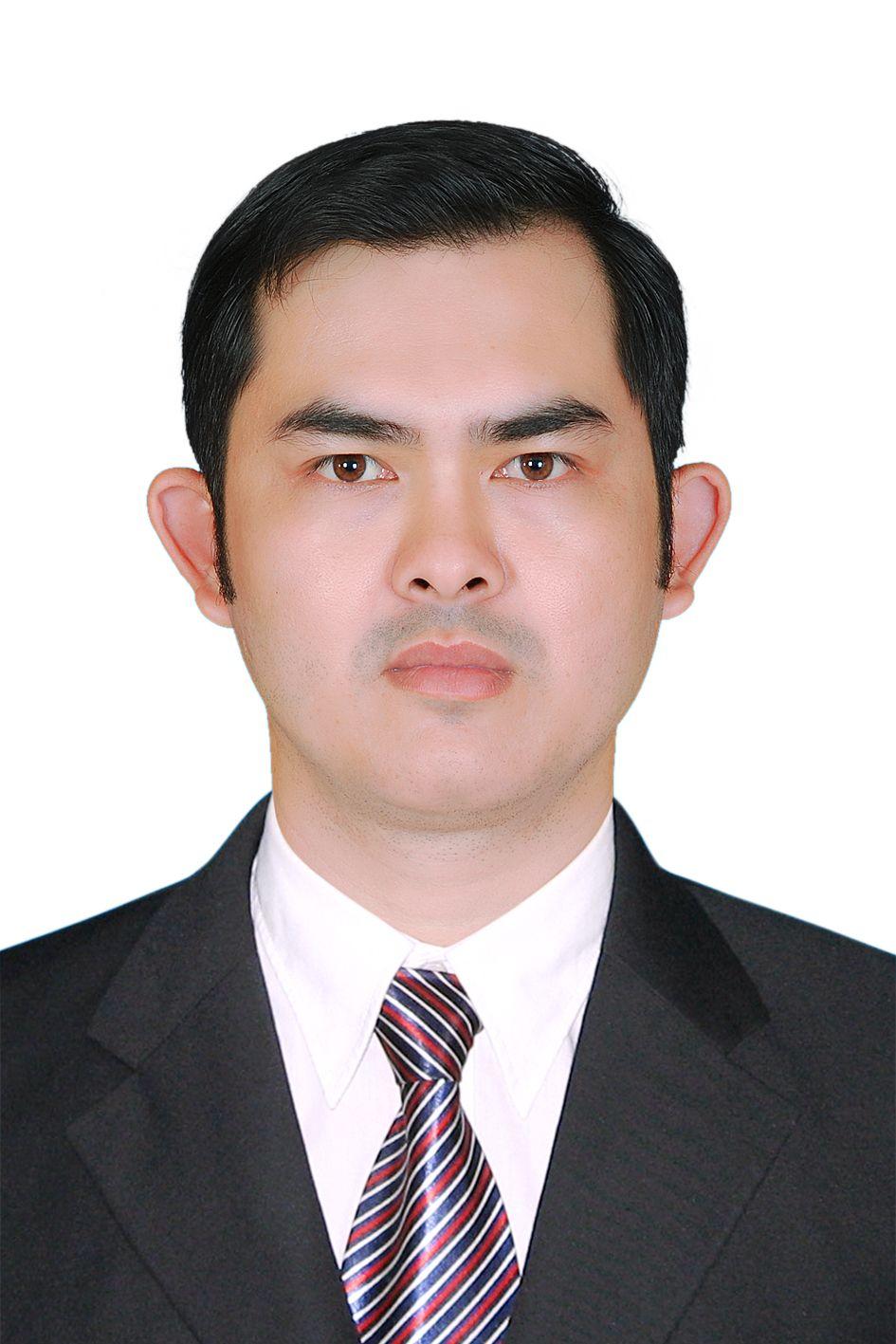Nguyen Kien, Cuong, a Vietnamese scholarship holder explains what he does for his country
Published: 10-04-2017
Managing the monitoring of dairy cattle reproduction in Vietnam
Nguyen Kien, Cuong is a Professor at the Faculty of Animal
Sciences and Veterinary Medicine at the Nong Lam Agriculture and Forestry
University of Ho Chi Minh City, which falls under the Ministry of Education and
Training. He worked at his PhD from 2011 to 2017 at the Université de Liège
(ULG) in Belgium. The title of his thesis: “Descriptive study of risk factors
of sterility and infertility in dairy cows in Vietnam”.
Kien chose the topic because domestic dairy
production only covers 25% of Vietnam’s needs. His objective is, on one hand,
to study the dairy production characteristics of family farms in Vietnam, and
on the other hand, to analyse the effects of risk factors to which they are
exposed. He defended his thesis on 27 March 2017 at the ULG in view of
obtaining a PhD in Veterinary Sciences. Through his PhD he expanded his
knowledge on theriogenologic (reproductive veterinary medicine) aspects of
dairy cows and gathered learning and research experience as he dispensed
theoretical and practical courses to local veterinaries, farm technicians and
dairy cattle breeders in southern Vietnam.
Summary of his thesis
1- Which is your institution of
origin? (Which ministry do you depend from)?
The Faculty of Animal Sciences and
Veterinary Medicine at the Nong Lam Agriculture and Forestry University of Ho
Chi Minh City, which falls under the Ministry of Education and Training.
2- What is your job in Vietnam?
I am a university professor.
3- What objective did you
pursue through your PhD?
-
Further develop a system to monitor reproduction in family-size dairy breeding
farms in Vietnam and help improve the quality of dairy stock reproduction and
diary production.
-
Further teach stock breeding to students at my university but also at other
universities in Vietnam. Disseminate the results and experiences acquired
through my thesis research among students and researchers.
-
Further train local veterinaries, farm technicians and dairy stock breeders
(stock breeding technique, managing the reproduction of herds, nutrition,
improved dairy quality, reproduction pathologies, issues with metabolism…).
- Look
for funding to put in place research prospects indicated in my thesis, such as
research into how to implement measures to improve the quality of reproduction
and dairy production, into improving the quality of milk in family farms, into
the effects of limping, malnutrition, thermal stress… on the quality of
reproduction and dairy production, or into mastitis on family farms.
4- Why did you choose this
topic for your thesis?
Population growth and economic development
explain the considerable growth of dairy product demand in Vietnam. Yet,
domestic dairy production only covers 25% of needs. So, for Vietnam improved
dairy production offers prospects and is a real challenge. It implies
controlling directly and indirectly contributing factors. Such factors include
genetics, food, the environment and the quality of reproduction. Identifying
and controlling individual and collective factors that affect the quality of
reproduction therefore constitute an important step towards improving dairy
production. Our work aims, on one hand, to study the dairy production
characteristics of family farms in Vietnam, and on the other hand, to analyse
the effects of risk factors to which they are exposed.
5- How does Vietnam benefit from this research?
First, this study has defined the dairy production and stock reproduction
characteristics of family farms in Vietnam as well as the risk factors to which
they are exposed. The research has also identified limitations of family farm
dairy stock breeding in Vietnam.
Next, the monitoring system of reproduction
put in place by the study had a positive effect on the quality of reproduction
among the cows observed.
Finally, this research helped me go deeper
into aspects of theriogenology (reproductive veterinary medicine) of the dairy
cow and to gather teaching and research experience. That way, I dispensed some
fifteen (theoretical and practical) training sessions to local veterinaries,
farm technicians and dairy cattle breeders in southern Vietnam.
Latest news from this project
No news

